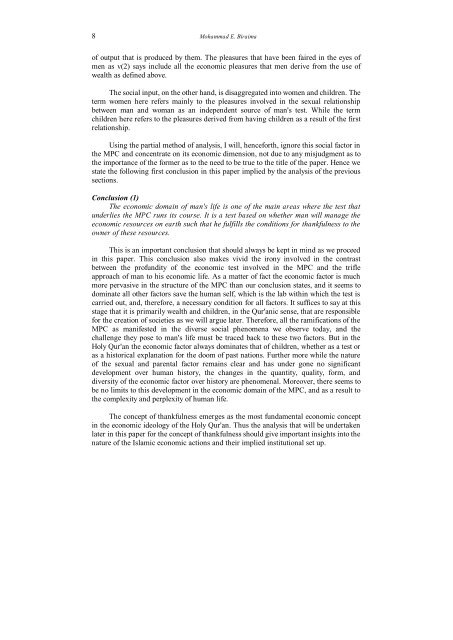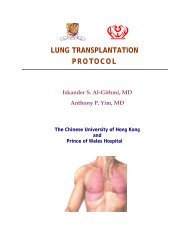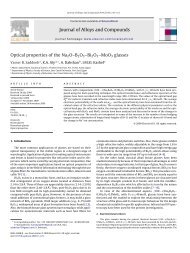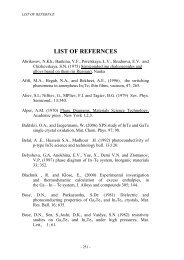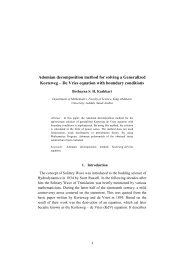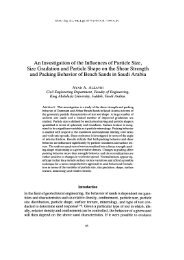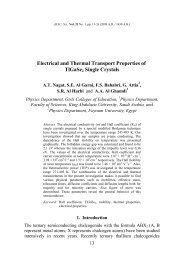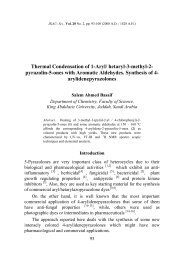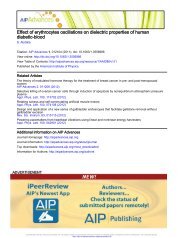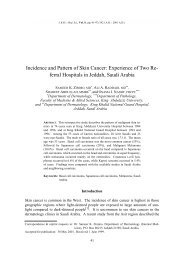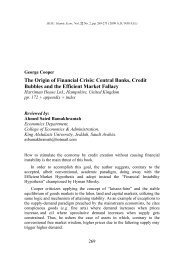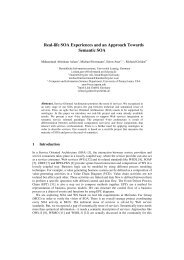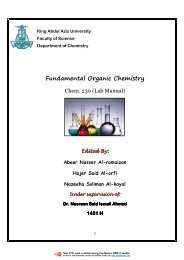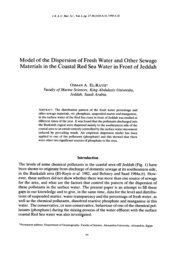A Qur'anic Model for a Universal Economic Theory
A Qur'anic Model for a Universal Economic Theory
A Qur'anic Model for a Universal Economic Theory
Create successful ePaper yourself
Turn your PDF publications into a flip-book with our unique Google optimized e-Paper software.
8 Mohammad E. Biraima<br />
of output that is produced by them. The pleasures that have been faired in the eyes of<br />
men as v(2) says include all the economic pleasures that men derive from the use of<br />
wealth as defined above.<br />
The social input, on the other hand, is disaggregated into women and children. The<br />
term women here refers mainly to the pleasures involved in the sexual relationship<br />
between man and woman as an independent source of man's test. While the term<br />
children here refers to the pleasures derived from having children as a result of the first<br />
relationship.<br />
Using the partial method of analysis, I will, hence<strong>for</strong>th, ignore this social factor in<br />
the MPC and concentrate on its economic dimension, not due to any misjudgment as to<br />
the importance of the <strong>for</strong>mer as to the need to be true to the title of the paper. Hence we<br />
state the following first conclusion in this paper implied by the analysis of the previous<br />
sections.<br />
Conclusion (1)<br />
The economic domain of man's life is one of the main areas where the test that<br />
underlies the MPC runs its course. It is a test based on whether man will manage the<br />
economic resources on earth such that he fulfills the conditions <strong>for</strong> thankfulness to the<br />
owner of these resources.<br />
This is an important conclusion that should always be kept in mind as we proceed<br />
in this paper. This conclusion also makes vivid the irony involved in the contrast<br />
between the profundity of the economic test involved in the MPC and the trifle<br />
approach of man to his economic life. As a matter of fact the economic factor is much<br />
more pervasive in the structure of the MPC than our conclusion states, and it seems to<br />
dominate all other factors save the human self, which is the lab within which the test is<br />
carried out, and, there<strong>for</strong>e, a necessary condition <strong>for</strong> all factors. It suffices to say at this<br />
stage that it is primarily wealth and children, in the <strong>Qur'anic</strong> sense, that are responsible<br />
<strong>for</strong> the creation of societies as we will argue later. There<strong>for</strong>e, all the ramifications of the<br />
MPC as manifested in the diverse social phenomena we observe today, and the<br />
challenge they pose to man's life must be traced back to these two factors. But in the<br />
Holy Qur'an the economic factor always dominates that of children, whether as a test or<br />
as a historical explanation <strong>for</strong> the doom of past nations. Further more while the nature<br />
of the sexual and parental factor remains clear and has under gone no significant<br />
development over human history, the changes in the quantity, quality, <strong>for</strong>m, and<br />
diversity of the economic factor over history are phenomenal. Moreover, there seems to<br />
be no limits to this development in the economic domain of the MPC, and as a result to<br />
the complexity and perplexity of human life.<br />
The concept of thankfulness emerges as the most fundamental economic concept<br />
in the economic ideology of the Holy Qur'an. Thus the analysis that will be undertaken<br />
later in this paper <strong>for</strong> the concept of thankfulness should give important insights into the<br />
nature of the Islamic economic actions and their implied institutional set up.


